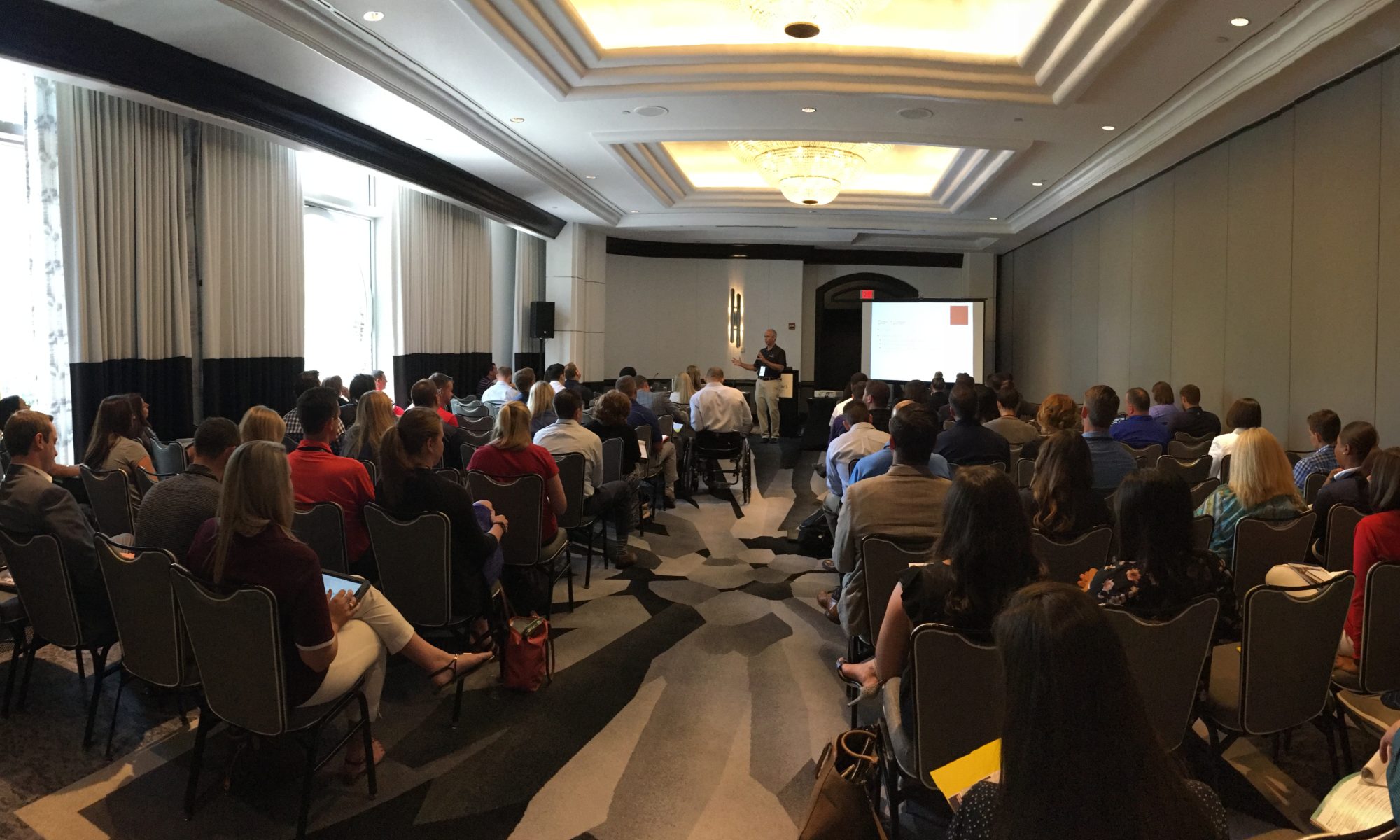A family relative said to me recently, “Sports psychology is what people think you do.”
He knows it’s not what I do. I know it’s not what I do. But it’s easy to assume that’s what I do. So what do I do?
I am an Executive Leadership Coach who has taken the training and skills from that certification, combined it with 30 years of leading people in the non-profit arena; mixed it with my passion for sports and my continued pursuit of competition as a Master’s athlete. This gives me a very unique toolbox from which to draw to meet the needs of coaches, teams, individual athletes, and athletic departments.
I teach leadership. It’s that simple and complex. I am not a mental coach, although mental toughness is a path that crosses leadership. I am not a psychologist who is concerned about WHY something is the way it is, or WHY you behave the way you do. I want to know WHAT you are going to do about it today regardless of the WHY.
I teach self-leadership through building a foundation of self-awareness. All the tips, tricks, and techniques of a mental coach will not last without being planted in the soil of self-awareness and self-leadership.
First, I help people get to KNOW who they are through an assessment. I most often use a DiSC Assessment, but StrengthsFinder, Enneagram, or others can easily find their way into my work. It really doesn’t matter what assessment you utilize, the important part is to KNOW who you are at a deeper level than before.
Second, I help people EMBRACE themselves. This is vital, and also a place where I bring a unique skill set. For 30 years I served as a Pastor of a Local Church, helping people KNOW and EMBRACE themselves. Each unique individual is valuable and to EMBRACE means to treat yourself with value. I help individuals and teams create a non-judgmental culture that allows people to grow, while providing boundaries of what is acceptable and what is not within the pursuit of team goals.
Third, I help people LEAD themselves. From becoming their own best coach to applying principles of neuroscience and self-awareness in a variety of settings, people I work with truly learn how to LEAD who they are.
Who you are is never an excuse for poor behavior. Awareness is about embracing your strengths and weaknesses, and learning how to adapt and grow to perform at your highest level possible.
I do have two Ph.D. Psychologists who serve as advisors for me, one of whom is a sports fanatic and works with athletes on a variety of levels. They do help me when I may get in over my head. That’s part of self-leadership by the way, knowing when I need help and then asking for it. There is no condemnation for not getting it done by myself. That’s the EMBRACE part.
Let me know how I can help you, your team, your staff.
